Program Origins
The Australian Nurse-Family Partnership Program (ANFPP) is based on the Nurse-Family Partnership (NFP) model of home visiting developed by Professor David Olds in the USA over the last 30 years.
The Nurse-Family Partnership (NFP) model is an evidence-based community health program that helps transform the lives of vulnerable mothers pregnant with their first child. The NFP is one of a small number of social programs that has been assessed by the United States Coalition for Evidence-Based Policy as meeting ‘top tier’ evidence standard of effectiveness and it is the only program rated as ‘top tier’ in the early childhood category.
The NFP model involves Registered Nurses visiting first-time low-income mothers during pregnancy and for the first two years of the child’s life. As part of the program, each mother is partnered with a registered nurse during the early stages of her pregnancy and receives ongoing nurse home visits that continue through to her child’s second birthday. Informed by rigorous research, the program has developed over more than three decades.
The NFP model draws from three distinct behavioral theories: human ecology, self-efficacy and attachment. When applied to the program’s professional nursing framework, these theories produce a unique program of great depth, breadth and vitality.
Click here
to find out about the origins of the NFP.
Click here
to read more about the evidence behind the program.
Click here
for information on how the NFP was adapted for Australia.




